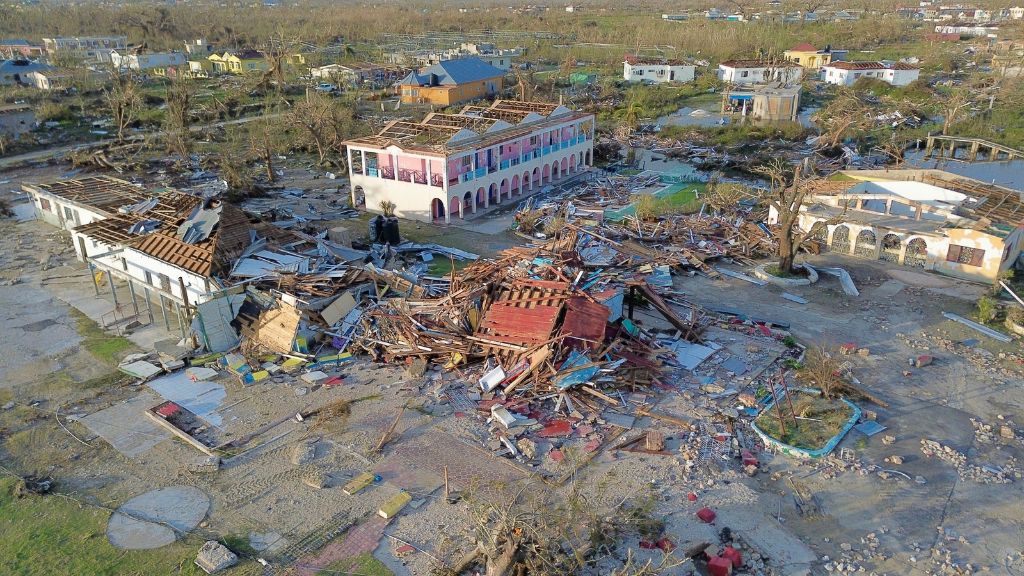Hurricane Melissa, one of the most powerful storms ever recorded, has wreaked havoc across the Caribbean, claiming nearly 50 lives and leaving a path of devastation in its wake. The storm, which has now moved away from Bermuda, is expected to transition into an extratropical cyclone as it heads toward the northeastern United States and eastern Canada, according to the National Hurricane Center (NHC). The NHC warned of heavy rain and gusty winds in Newfoundland, while flooding is expected to persist in Cuba, Jamaica, Haiti, and the Dominican Republic. A study by Imperial College London revealed that human-caused climate change made Hurricane Melissa four times more likely. In Jamaica, the death toll has risen to 19, with significant damage to infrastructure and communication networks. Haiti reported 30 fatalities, with over 1,000 homes flooded and 16,000 people in shelters. Cuba, already grappling with its worst economic crisis in decades, faced widespread destruction, including collapsed homes, downed power lines, and severed communications. Over 735,000 people were evacuated in Cuba’s eastern provinces. The United States has deployed disaster response teams to the region, while the UK announced £2.5 million in emergency funding and evacuation flights for British nationals. UN officials described the devastation as unprecedented, emphasizing the urgent need for global climate action.
